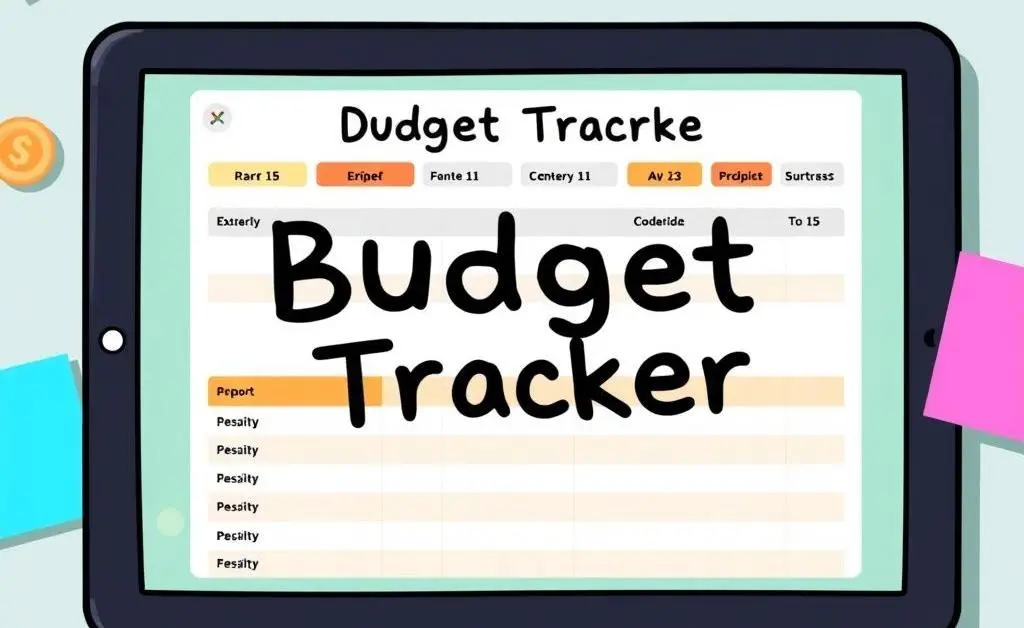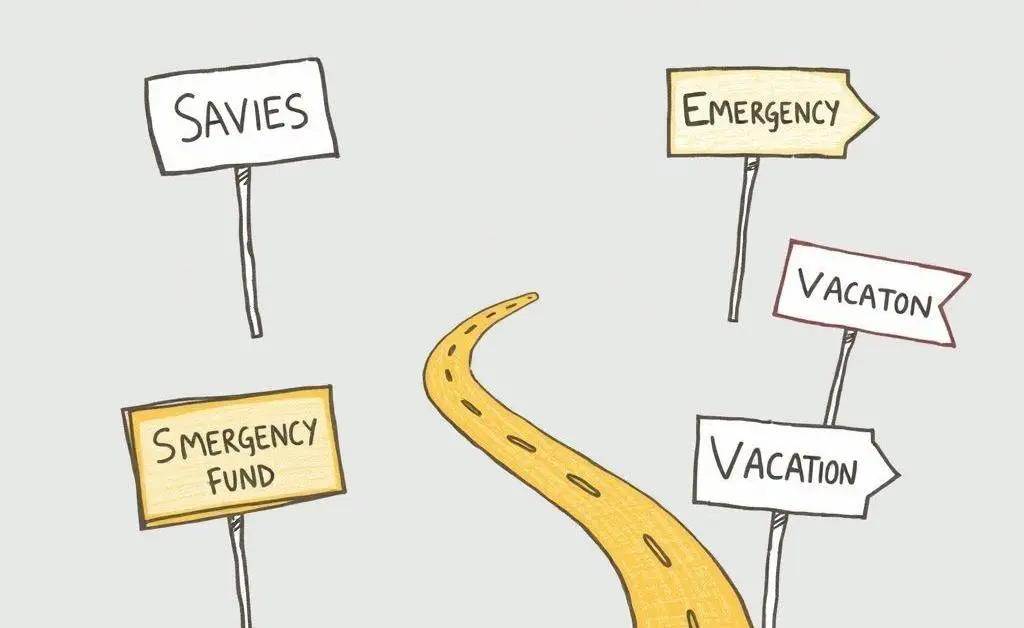The Art of Mindful Budgeting: Creating a Financial Path that Resonates with You
Discover how mindful budgeting can transform your financial planning with compassion and clarity.

The Art of Mindful Budgeting: Creating a Financial Path that Resonates with You
Do you ever feel like budgeting is more about what you can’t do than what you can? This all-too-common feeling might be a signal to rethink your approach to financial planning. Let's explore how mindful budgeting can help flip this narrative by focusing on intentions and personal harmony.
What is Mindful Budgeting?
Mindful budgeting isn't just about numbers. It's about aligning your financial habits with your personal values and long-term goals. It’s a financial practice that encourages awareness and intention with every dollar spent or saved, allowing you to prioritize what truly matters.
Why Choose Mindful Budgeting?
At its core, mindful budgeting nurtures a healthy relationship with money. Here's how it benefits your financial journey:
- Reduces Financial Stress: By aligning your spending with personal values, you naturally decrease financial anxiety.
- Increases Awareness: Being conscious of your financial decisions fosters better spending habits.
- Encourages Personal Growth: Reflecting on financial choices often highlights areas for personal development.
- Promotes Gratitude: A mindful approach cultivates appreciation for what you have.

How to Start Your Mindful Budgeting Journey
Starting with mindful budgeting is simpler than it may seem. Let me share a relatable story to illustrate.
Imagine my friend Alex, who always felt overwhelmed each time bills rolled in. Determined to change their situation, Alex began by listing what they valued most: traveling, dining with friends, and sustainability. With this clarity, Alex started setting aside funds specifically for these joys, while gently cutting back on less meaningful expenses.

If you're eager to try this for yourself, start with these few steps:
1. Identify Your Values
Think about what brings you joy and fulfillment. Is it family, travel, education, or perhaps a sustainable lifestyle? Your budget should reflect these priorities.
2. Track Your Spending
Begin with a simple tracking tool or app to watch where your money goes each month. Understanding your spending patterns is essential for setting realistic goals.

3. Set Realistic Goals
Replace vague goals with clear, actionable steps. For example, instead of 'save more,' aim for 'save $50 a month toward a vacation.'
Conclusion: Your Path Awaits
Mindful budgeting is more than a financial strategy; it's a compassionate approach that honors your personal journey. When you align your spending with your values, you not only nurture your financial health but also embrace a more meaningful life.
Are you ready to start your mindful budgeting adventure? What steps will you take today to align your financial goals with your life values?




